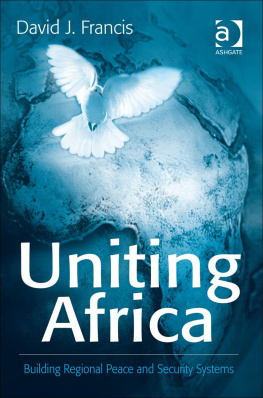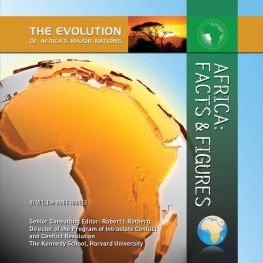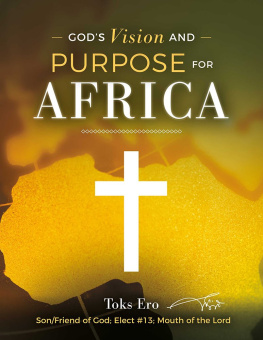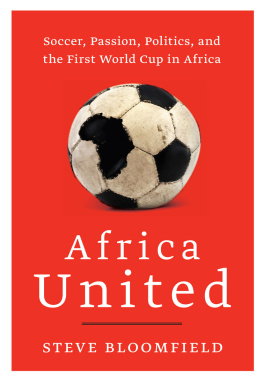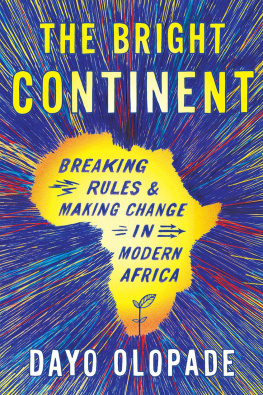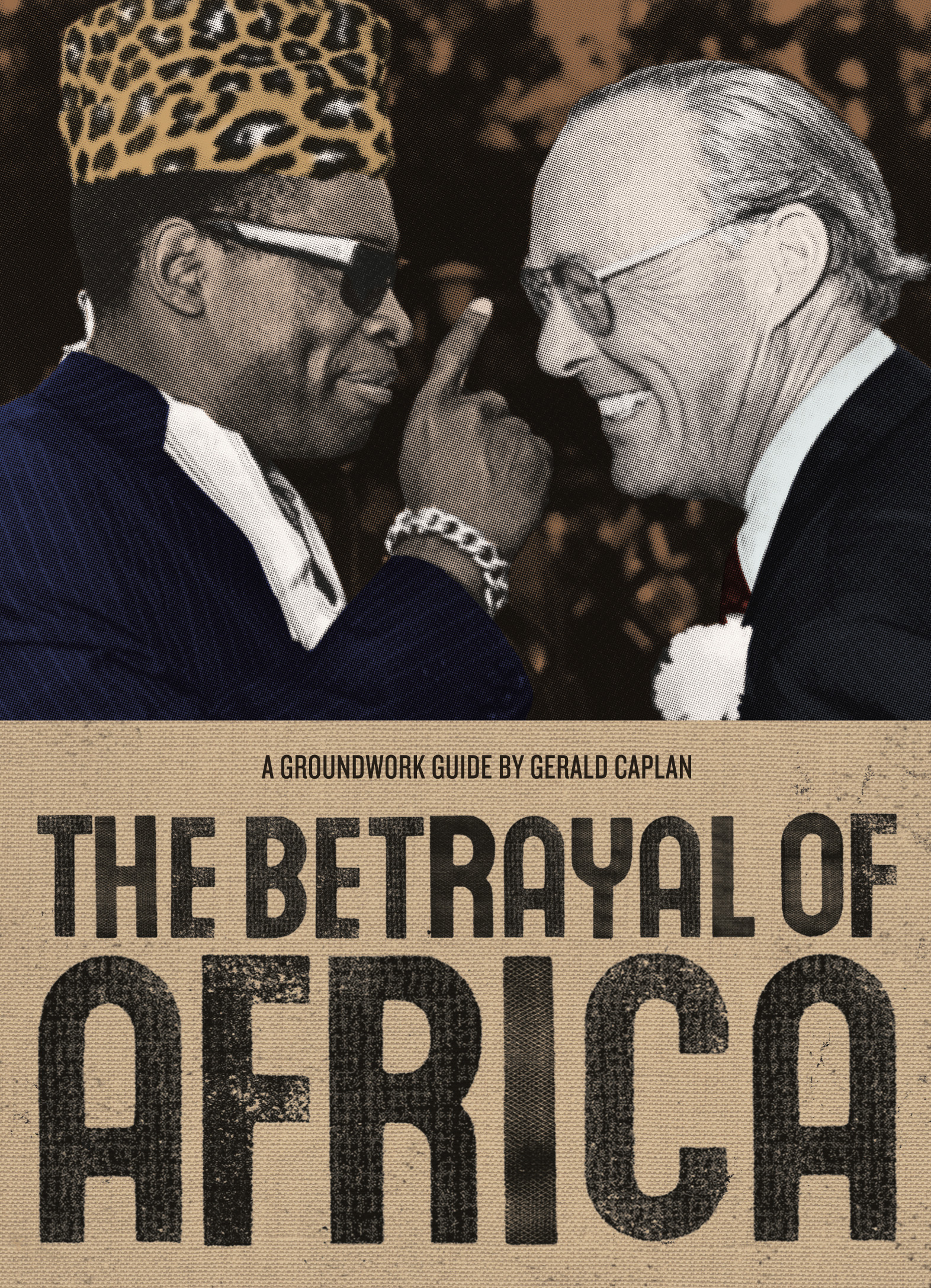Gerald Caplan - The Betrayal of Africa: A Groundwork Guide
Here you can read online Gerald Caplan - The Betrayal of Africa: A Groundwork Guide full text of the book (entire story) in english for free. Download pdf and epub, get meaning, cover and reviews about this ebook. year: 2008, publisher: Groundwood Books Ltd, genre: Politics. Description of the work, (preface) as well as reviews are available. Best literature library LitArk.com created for fans of good reading and offers a wide selection of genres:
Romance novel
Science fiction
Adventure
Detective
Science
History
Home and family
Prose
Art
Politics
Computer
Non-fiction
Religion
Business
Children
Humor
Choose a favorite category and find really read worthwhile books. Enjoy immersion in the world of imagination, feel the emotions of the characters or learn something new for yourself, make an fascinating discovery.

- Book:The Betrayal of Africa: A Groundwork Guide
- Author:
- Publisher:Groundwood Books Ltd
- Genre:
- Year:2008
- Rating:5 / 5
- Favourites:Add to favourites
- Your mark:
The Betrayal of Africa: A Groundwork Guide: summary, description and annotation
We offer to read an annotation, description, summary or preface (depends on what the author of the book "The Betrayal of Africa: A Groundwork Guide" wrote himself). If you haven't found the necessary information about the book — write in the comments, we will try to find it.
This fascinating look at Africa refutes the common assumption that the Western world is the solution to the challenges the continent faces. An excellent introduction to the subject for young adults.
Think Africa, and many people think of brutal war, endless famine, pervasive corruption, unworthy rulers, universal poverty, an AIDS epidemic out of control. As this book in the Groundwork Guides series shows, these characteristics are both true and a caricature at the same time.
With the bold new presence of China in Africa, with an active and angry civil society demanding more from their governments, and with a new generation of leaders apparently committed to doing better in the future, a real possibility for positive change now exists. But for Africa to move forward, the citizens of rich countries must be aware of the false premises on which their own leaders deal with the continent.
While Africa faces a daunting list of challenges, the vast majority of the continents citizens live ordinary lives with the hopes and dreams that all of us share.
[The Groundwork Guides] are excellent books, mandatory for school libraries and the increasing body of young people prepared to take ownership of the situations and problems previous generations have left them. Globe and Mail
Correlates to the Common Core State Standards in English Language Arts:
CCSS.ELA-LITERACY.RI.6.1
Cite textual evidence to support analysis of what the text says explicitly as well as inferences drawn from the text.
CCSS.ELA-LITERACY.RI.6.2
Determine a central idea of a text and how it is conveyed through particular details; provide a summary of the text distinct from personal opinions or judgments.
CCSS.ELA-LITERACY.RI.6.3
Analyze in detail how a key individual, event, or idea is introduced, illustrated, and elaborated in a text (e.g., through examples or anecdotes).
CCSS.ELA-LITERACY.RI.6.6
Determine an authors point of view or purpose in a text and explain how it is conveyed in the text.
Gerald Caplan: author's other books
Who wrote The Betrayal of Africa: A Groundwork Guide? Find out the surname, the name of the author of the book and a list of all author's works by series.

